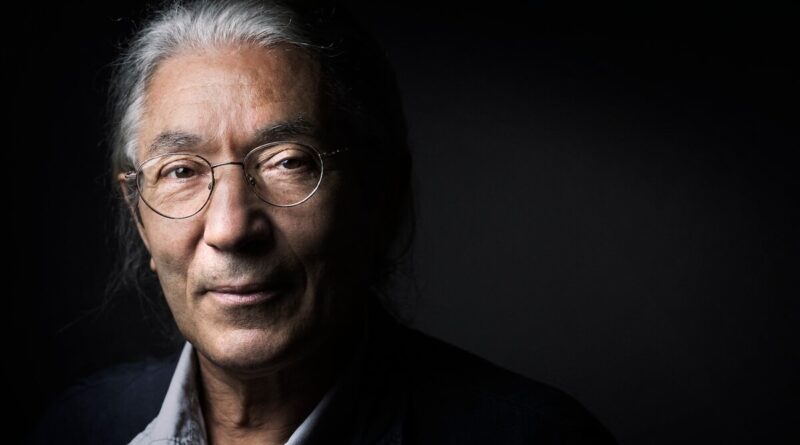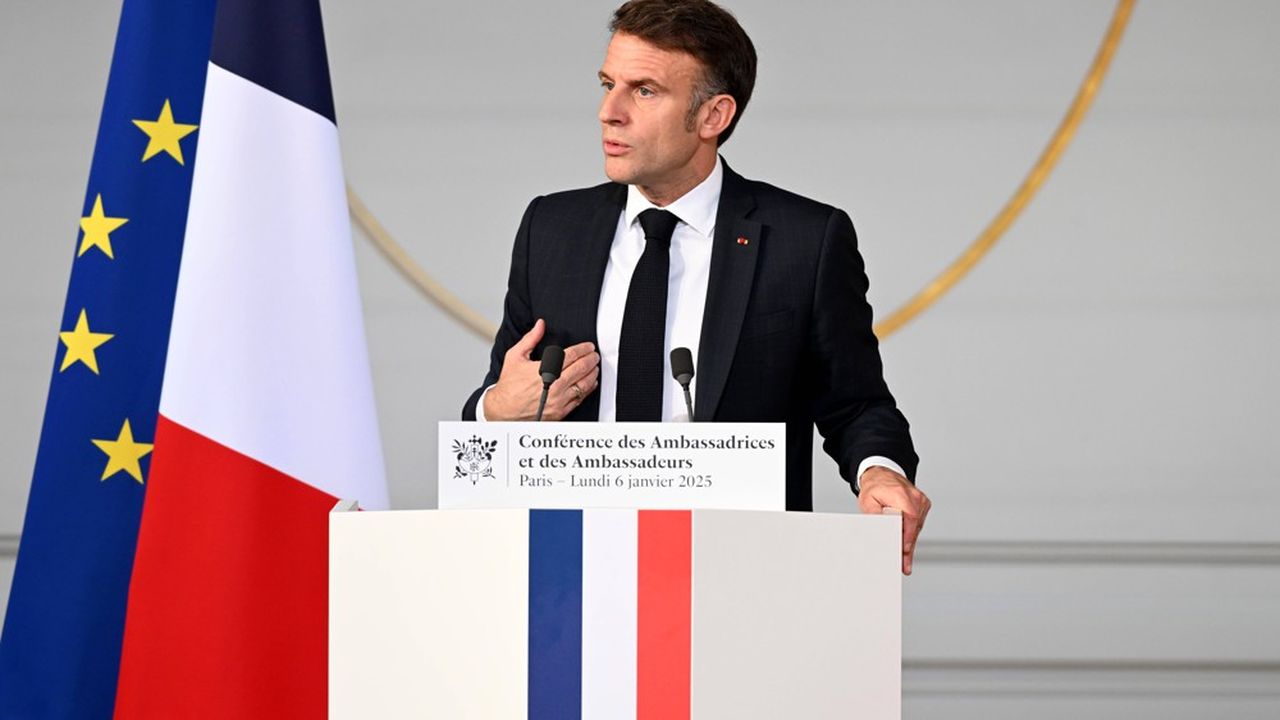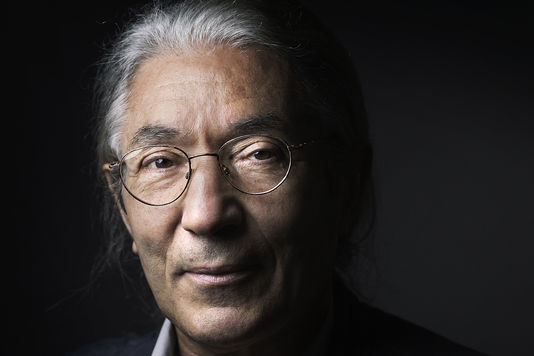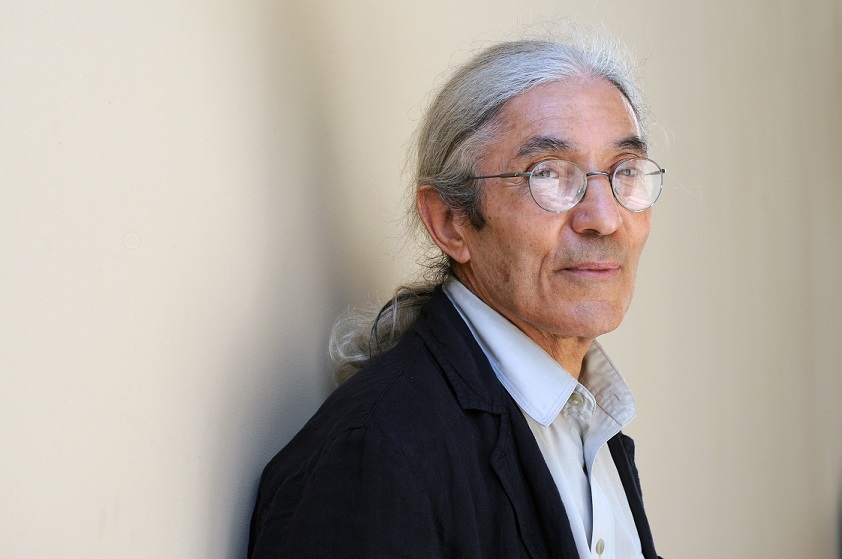Algerian-French novelist Boualem Sanal was sentenced to five years in prison, in a verdict that was denounced by the French president, the political class, intellectuals, and independent human rights defenders.
Sansal, 80, was arrested in November upon his landing from France where he had given an interview mentioning that parts of current western Algeria had been historically part of Morocco before French colonialism.
That statement led to his trial behind bars, as he was also combating cancer.
The French president, Emmanuel Macron, had urged his release saying his arrest was “dishonoring Algeria.” Tebboune, prior to the trial, called Sansal a “thief…sent by France.”
After the verdict, president Macron said the charge of undermining national security was “not serious,” voicing hope to see the novelist released.
He also- ironically- appealed to Algerian authorities “good sense of humanity.”
Sansal was sentenced under an anti-terrorism law that has been used by the regime to crackdown on critics. He has told the court that he was only practicing his right to free speech.
“He has unwillingly become a pawn in the troubled relationship between Paris and Algiers,” a committee of his supporters in France, including renowned writers, politicians and intellectuals said recently.
His ordeal drew a wave of solidarity from international writers such as Moroccan novelist Tahar Benjelloun, Nigerian Nobel Prize-winning author Wole Soyinka, Indian-British novelist Salman Rushdie, his countryman and recent winner of Goncourt Prize Kamel Daoud, and others.
Marine Le Pen has called Sansal a “fighter for liberty and a courageous opponent of Islamism.”
His arrest and hefty sentence led many French political leaders to demand a tougher stance against the Algerian regime, amid a worsening diplomatic crisis, triggered by Algiers in reprisal for Paris’s support for Morocco’s sovereignty over the Sahara.



